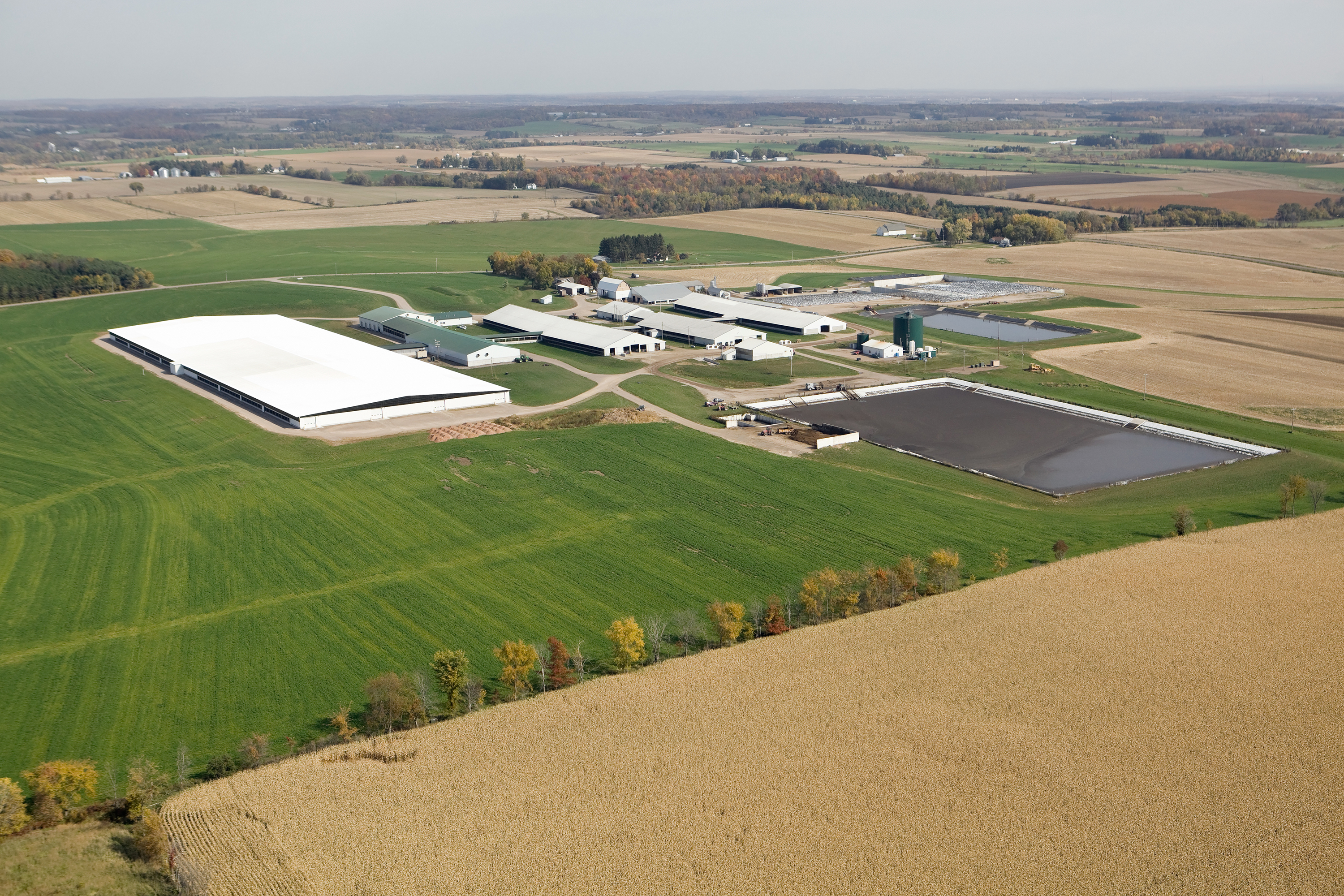Business Management
Many parents find themselves in a situation where one child wants to farm while the others do not. This hypothetical explores one option to consider, while stressing the importance of early planning.
Read More
3 steps to a smoother loan application process
Gather essential documents, comprehend the five C’s of credit and be proactive in submitting complete paperwork for a smoother and quicker loan application process.
Read More
Succession planning: Incentivizing the next generation of family farmers
Ideas for encouraging reluctant heirs to the family business include a solid business plan, financial support, profit-sharing plans, incentive bonuses tied to performance and/or milestones, developing an ownership transition plan, mentorship, educational/training opportunities and strategies for work-life balance.
Read More
How to address water rights in an agricultural transaction
Anyone dealing in agricultural real estate needs to understand and account for the status of water rights in their transaction, as water rights can make or break an agricultural real estate transaction.
Read More
Managing common workplace distractions
Distractions are everywhere and this is no different for our employees. After just a simple distraction, it can take someone 15 to 20 minutes to regain focus. Check out some of the most common distractions and suggestions for addressing them effectively.
Read More
Be SMART about stress in your business
Sleep, exercise, proper nutrition, rest and positivity can protect against the damaging effects of chronic stress.
Read More
Managing medical bills for farmers: A guide to negotiation and assistance
Proactive measures before the medical procedure along with closely examining the bill for errors or price gouging and then working with an advocate if needed can help farmers avoid medical debt.
Read More
Farming and sports
Teams and farms are both dependent on having the right people in place and keeping them there as long as possible.
Read More
Tips for in-laws: How to be seen and heard at your farm’s decision-making table
A framework including observations, feelings, needs and requests can help all members of the family and farm team communicate.
Read More
Why power of attorney is important
For older farmers, a power of attorney can provide financial protection and peace of mind as they age.
Read More






